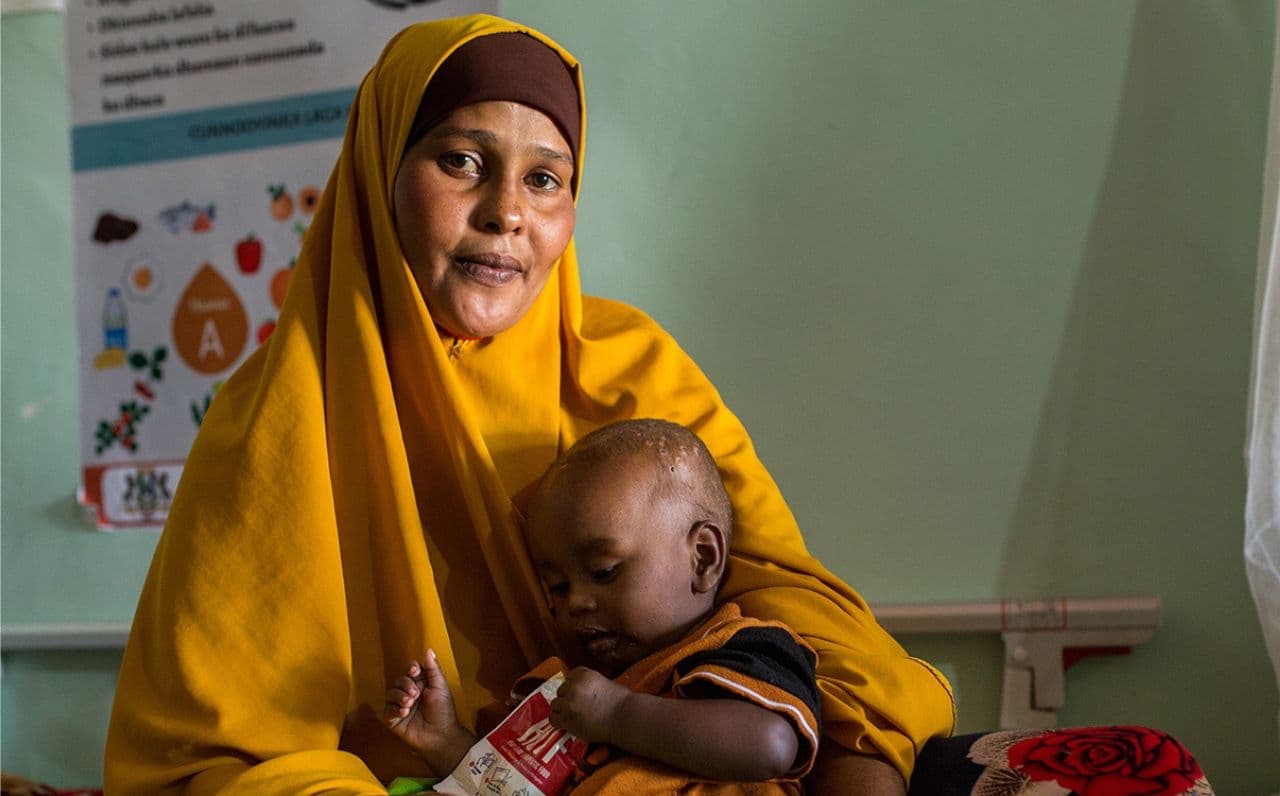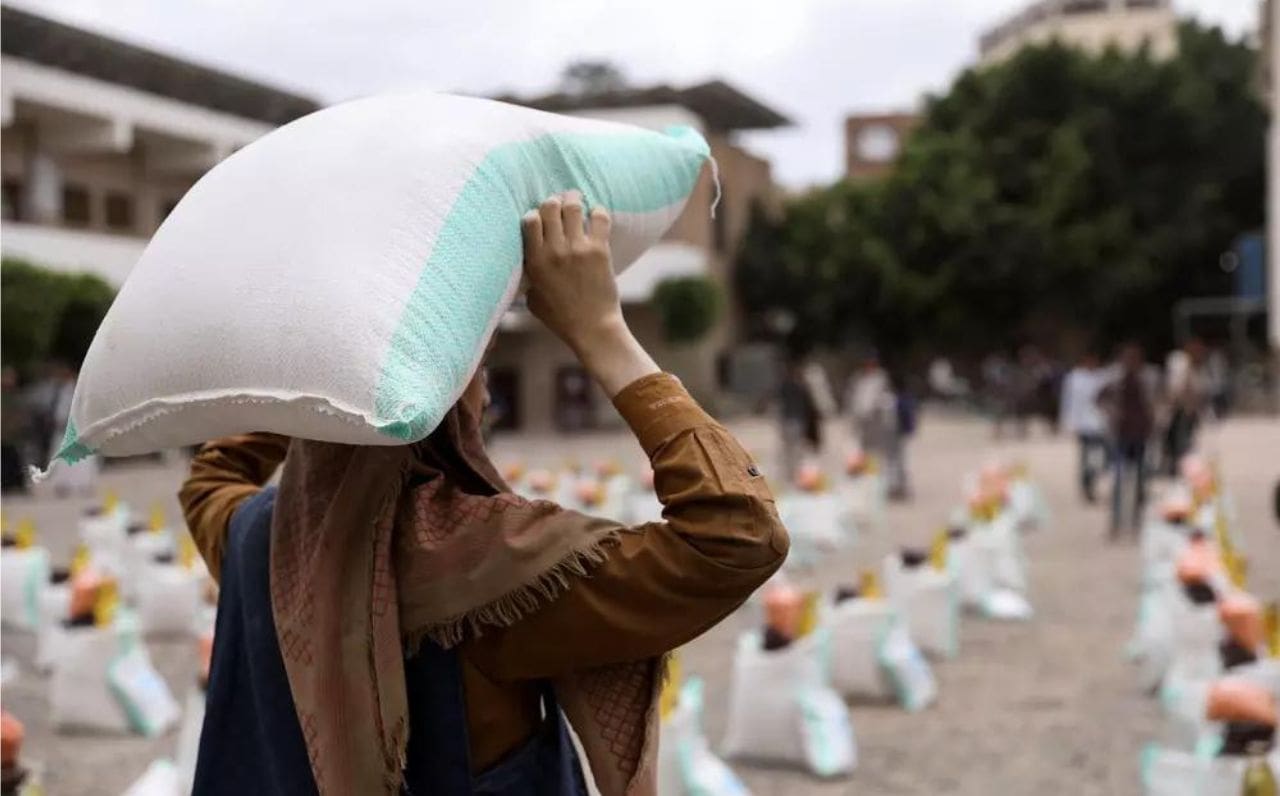Needs of Syria
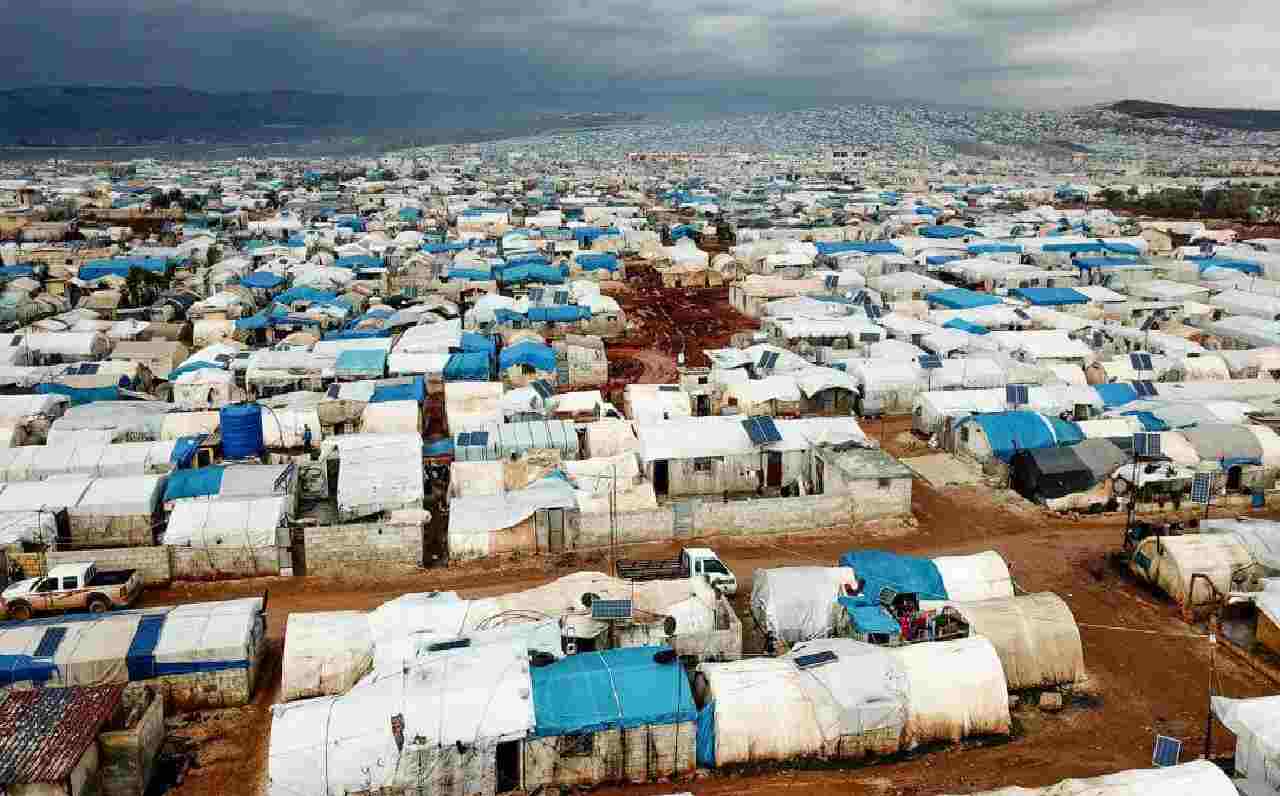
Assessing the human needs in Syria.
Syria is the beneficiary of one of the world’s most complex humanitarian operations. Its fragile health system has been repeatedly strained through multiple concurrent emergencies and challenged as a result of ongoing insecurity, the COVID-19 pandemic, a debilitating socioeconomic crisis, and chronic challenges that continue to affect the availability and quality of health services across Syria and the physical and mental wellbeing of the entire population. According to the 2022 health sector severity scale, areas of highest severity are, and will continue to be, located in five governorates in the north-west and north-east of Syria.
In 2022, 12.2 million people will be in need of health services, of which 4.4 million are displaced, 1.33 million will be children aged under 5 years (including an anticipated 503 000 new borns) and 3.38 million are women of reproductive age (15-49 years). Half a million elderly people will require inclusive health services, as will people with early onset non-communicable diseases, which are estimated to account for 45% of all deaths in Syria. Disability impacts an estimated 1.3 million people, placing them at greater risk of exclusion from health services.
The pandemic continues to disrupt the already fragile health services and systems in Syria, where more than 176 000 confirmed cases of COVID-19 and nearly 6 500 associated deaths (CFR 3.6%) have been recorded. Emerging variants, low levels of COVID-19 vaccination and a lack of adherence to preventive public health measures strain attempts to stabilize and restart services affected by the pandemic, including routine childhood immunization programmes, which are reporting reduced coverage rates.
Security incidents in north-east Syria persist alongside renewed hostilities in Dar’a that resulted in the displacement of more than 140 000 people in need of inclusive emergency health services.
The ongoing socioeconomic and political crises, further impacted by the COVID-19 pandemic, continue to strain the health system. Health needs have increased. Those who cannot afford treatment have been negatively impacted and basic supply chains of life-saving medicines and medical supplies have been disrupted.
Fuel supplies and availability of essential medicines, including cross-line and crossborder efforts, will continue to be affected, while increased poverty nationwide, which has already resulted in economically driven displacement, is also likely to increase, worsening determinants of health further still. The economic crisis has a direct impact on the strength of the health system, which is reliant on the availability and accessibility of electricity, water and road networks. Safe and inclusive quality health services also require interventions in health facilities, including medical waste management.
For patients to receive quality care, health workers must be trained and equipped to provide a multitude of services. These include early identification; survivorcentered care; malnutrition screening; holistic prevention and treatment interventions for pregnant and lactating women and children aged under five; accessible and safe services for persons with disabilities, which require communication barriers and the needs of vulnerable groups such as adolescent girls to be addressed.
Source & credit: WHO
Middle east

2021 Dec 30
Africa

2024 May 10
International, Americas

2024 Apr 16
Increasing Arrests and Faceless Victims Revealed in Latest Findings.
Middle east

2024 Feb 23
Escalating Hostilities Prompt International Concern
Africa

2024 Feb 20
SimilarNews
 Report Highlights Rights Violations Against Christians in Iran
Report Highlights Rights Violations Against Christians in Iran Increasing Arrests and Faceless Victims Revealed in Latest Findings.
Middle east

2024 Feb 23
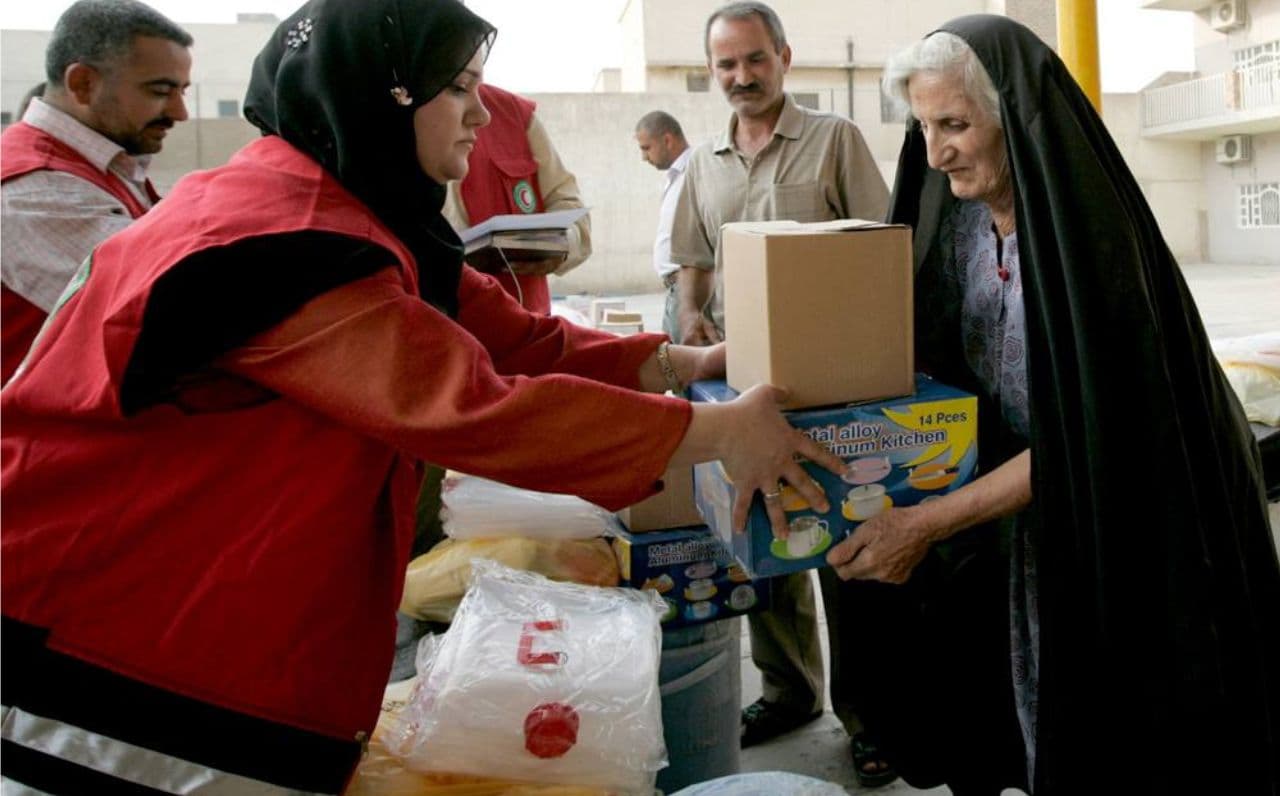 Coalition Strengthens Aid Efforts for Displaced Christians in Iraq
Coalition Strengthens Aid Efforts for Displaced Christians in Iraq Uniting to Provide Crucial Assistance Amid Ongoing Challenges.
Middle east

2024 Feb 19
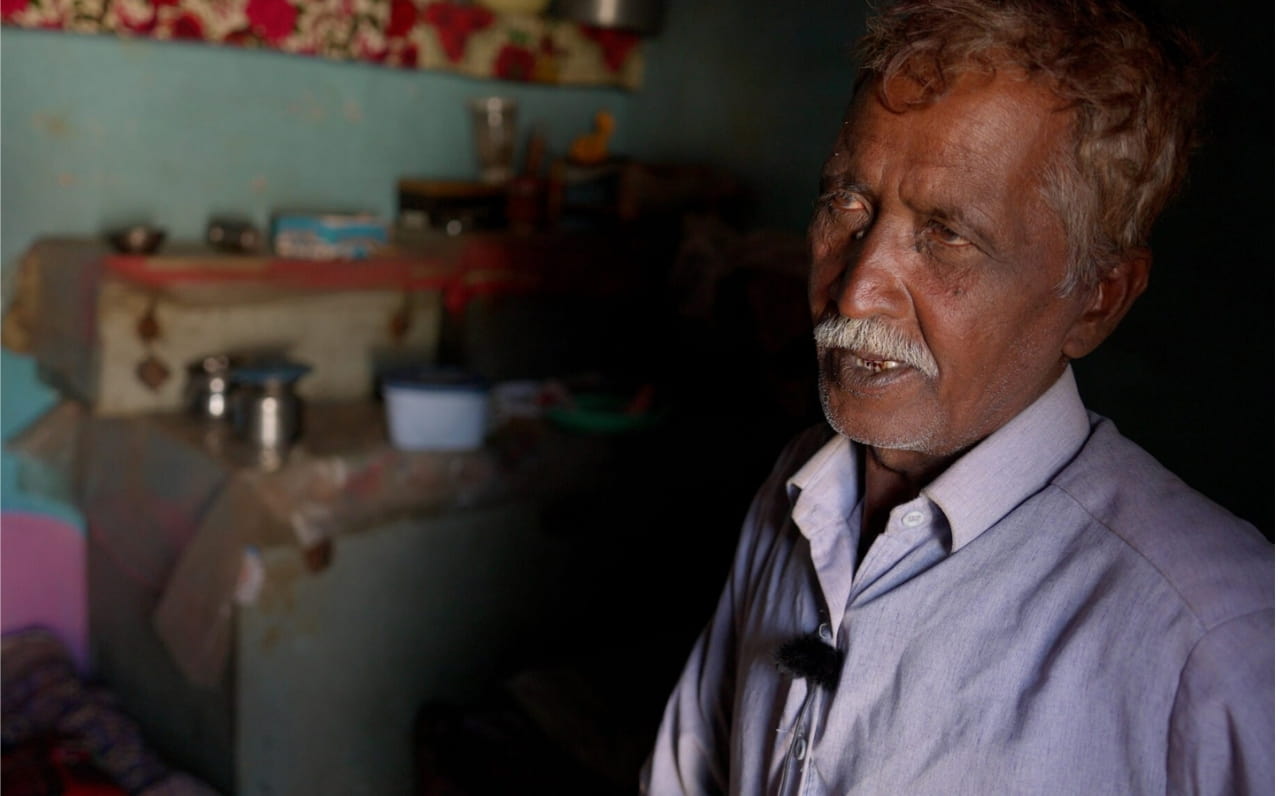 The Chains of Forced Labor and Persecution
The Chains of Forced Labor and Persecution Slavery Grips Pakistan's Christian Minority.
Middle east

2024 Jan 27
Concerns about the detrimental impact on civilians and IDPs.
Middle east

2024 Jan 26
Increasing deportation of Afghan immigrants from Iran and Pakistan.
Middle east

2023 Dec 02
